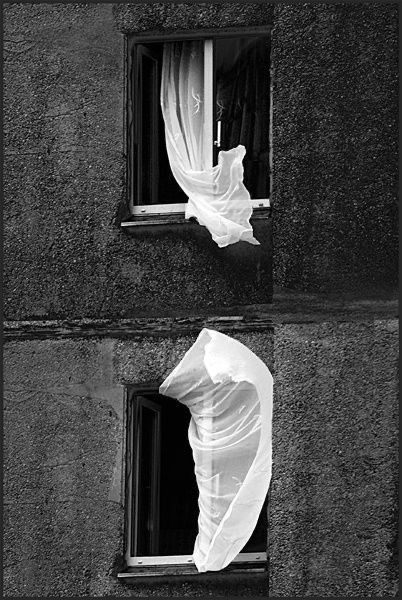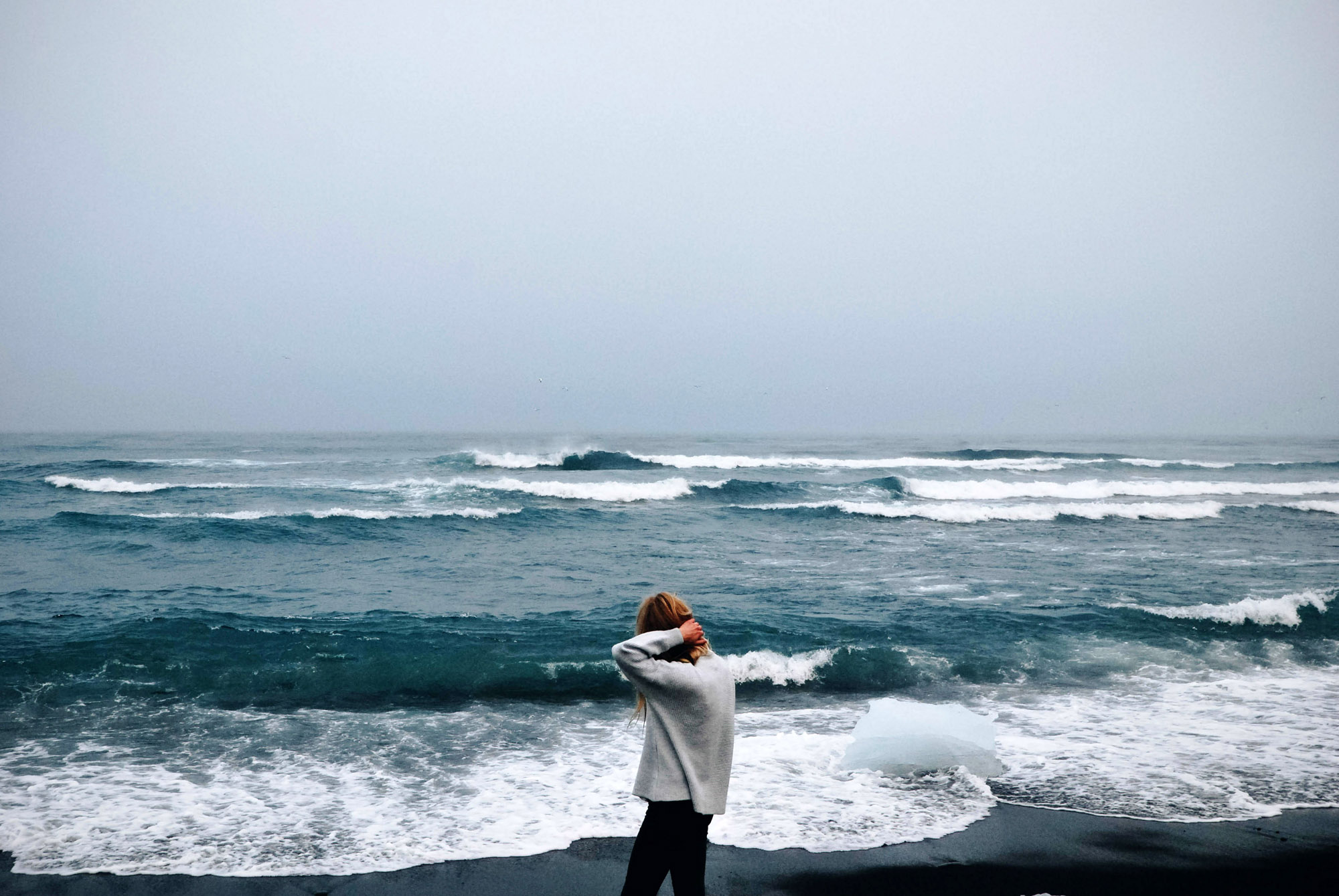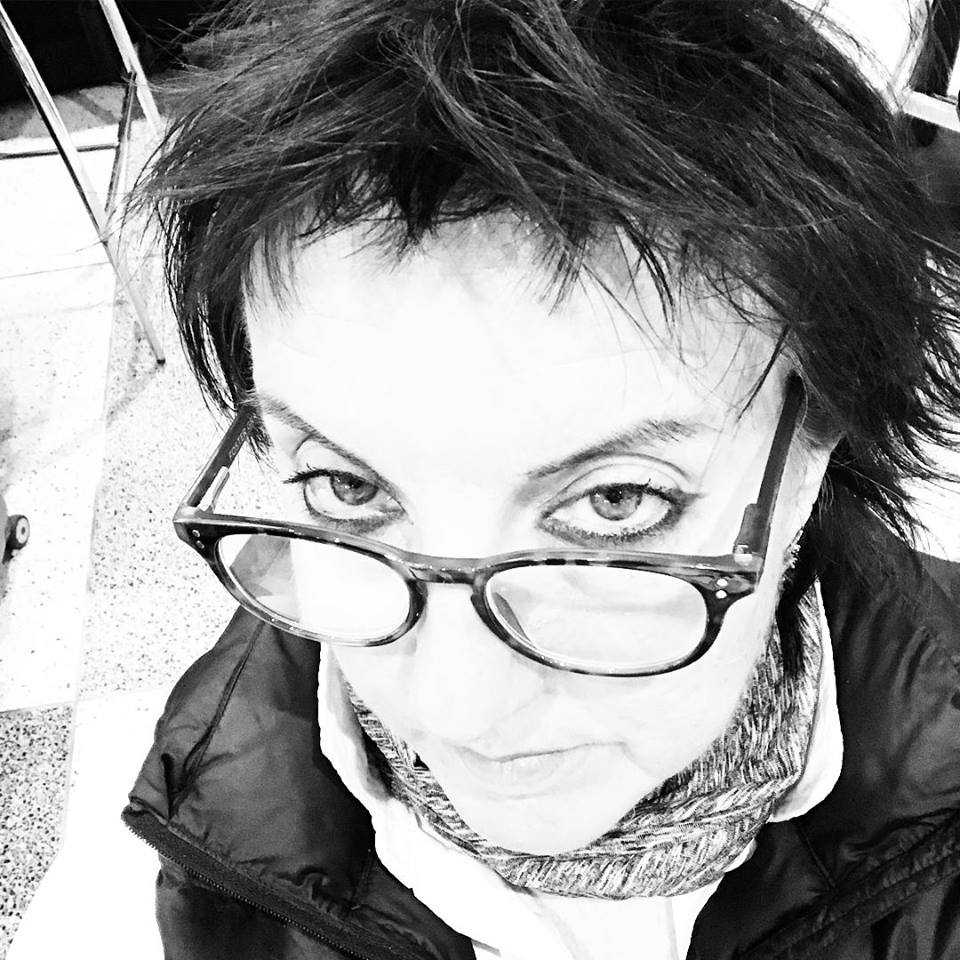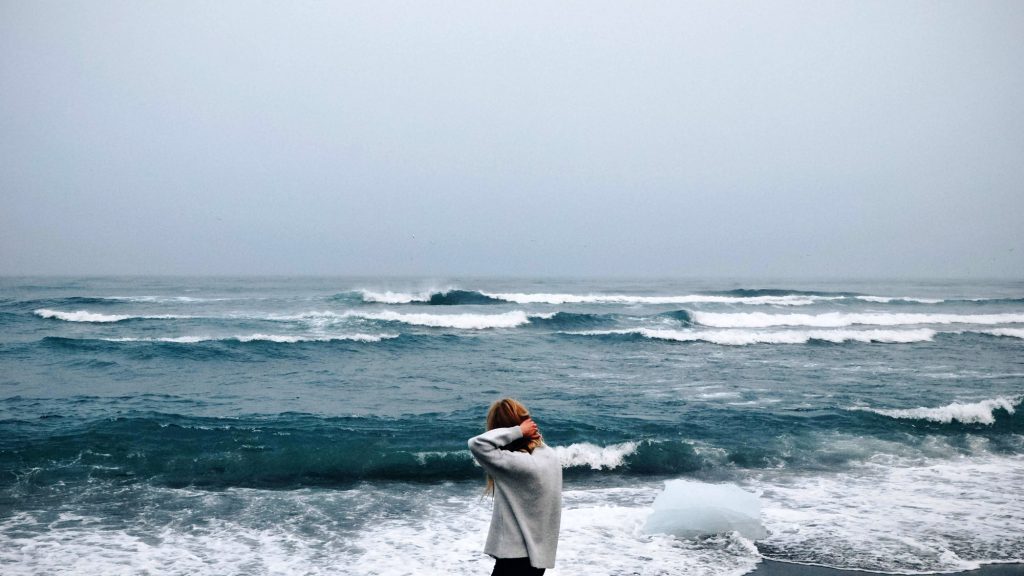Quarantine

by Dunya Dianne McPherson
My quarantine resembles two previous life experiences—the Solitude Project, in which I spent weeks alone in wilderness, and being a Shut In, recovering from surgery. I now consider those extended solitary periods preparation for coronavirus. They have taken my edge off.
The Solitude Project
For a few years I engaged in a classical meditation endeavor called the Solitude Project, choosing to be alone in a tiny camping cabin in wilderness beyond cell signal reach. This purposeful period was an inquiry into the significance of solitude and, thereby, of interdependence. I sought relief from an increasingly cacophonous culture and from a glut of stimulation triggering my anxieties. I envisioned peaceful intimacy with nature. I envisioned feeling healed. I expected it to resemble a prior period of residing in spiritual community retreat away from the world, a time which I treasured, and still do, though with less savor now than before; I was happy enough during those sequestered years, fulfilled, and still innocent of my escapist motives, of the darkness lurking beneath the community’s comradely appearance, and of my own foibles that would eventually dissolve my participation in that utopia. I only mention these because we all imagine sequestration away from the mainstream, whether in community or alone, as a blissful relief. The reality is never that simplistic.
For the Solitude Project, I was solitary while no one else was. I joined a specialized rank of seeker—a monk, a renunciate. This provided a distinct identity which held up for a while but, being entwined with culture, soon began to fray when alone. I ventured out into the wilderness certain that my daily Dancemeditation practice would bolster me. I expected it to deepen and my being to align more fully. I expected to actually do my practice every day, but it was first thing to go.
At that time, I had been living in New York City where my practice helped me enter quietude. Practice in the wilderness, however, brought too much quietude. I discovered that I wasn’t ready for internal silence in remote solitude. I found myself writing as a way to hear my own language-filled mind. I talked to myself. I talked to the animals that came around. The animals became very important to me. I may have overly personified them in order to feel less lonely, but I also began to observe them, listen to them, learn who they were. I spoke to the trees and clouds a little.
My daily living actions were important rituals—morning tea, midday meal, dinner, washing my clothes, washing my body. Without electricity, I woke at dawn and wasn’t awake much after nightfall. I had one practice-like ceremony of lighting my candles at dusk and watching evening descend before chores and bed, perchance to dream. I didn’t venture out of my tiny cabin at night, but its big windows looked down the canyon at spectacular thunderstorms or a starry curtain billowing over the world between moons. I felt nested and snug. Eventually, my mind did settle and empty out, seemingly on its own. It took quite a while.
Fear
I had very little cell signal. I called Ric once a day from the meadow, a spot far away from my cabin, to let him know I was still alive. Once, a bear popped out of the woods. We saw one another at the same moment. The bear turned and dashed off and I, terrified, tore back to the cabin, babbling to Ric until the signal dropped. Alone in my cabin, I sat trapped with my fear.
I didn’t expect to spend so much of my wilderness solitude meeting and managing my fear. Solitude put all confrontations squarely on myself. No one else was to blame. No one else distracted me from my fear. I found that once I had acknowledged my fear, I really, really needed to move on into an activity that required my focus, like building something, repairing something, washing clothes, cooking, or just get into bed. I saw how very close I was to depression and paralysis. Because I was alone with no one or nothing to save me, I simply could not let fear mushroom. I learned to respect fear and know my own stamina with it.
Loneliness itself grew softer and smaller as I relaxed into nature, however, the atavistic fears of not being strong enough, of being injured, or sick with no one to help, and the existential fear of being unimportant to others came to the surface. These were laced with shame, though that component had not yet crystalized into realization. Instead, it swam darkly in me. From Rilke:
When I lean over the chasm of myself–
it seems
my God is dark
and like a web: a hundred roots
silently drinking.
This is the ferment I grow out of.
After, I returned to the ever-chugging New York City and loved the flawed world. I was changed but was relieved it hadn’t. The beauty in people, the ease of living in an advanced society charmed and delighted me.
Shut In
Shame…Solitude ultimately brought up shame but I don’t think I understood this until I was a Shut In. A Shut In is a term for people who can’t leave their house. Usually this refers those who are very old, very sick, or disabled—the most fear-inducing, judged population in our society. The weak, the infirm, those who cause us trouble, use resources, and who can’t pull their own weight are pitiable. There is an air of culpability in their plight, as if they are guilty of their predicament, guilty of having something wrong with them. There is a sense that their incapacity is punishable and isolation an appropriate punishment. They are in solitary confinement. None of us wants to be solitarily confined.
Being a Shut In while recovering from surgery brought me, when I had the energy to feel, to deep terror. I felt forgotten, powerless, and weak, which I was. Exhausted from pain, I was a less than scintillating interlocutor. Repartee was out. Even ordinary conversation was iffy. Pain takes a lot of energy. When you can’t find physical comfort, everything goes flat and a once inventive mind becomes the desert. Healthy people, I soon learned, have no idea of sitting and keeping an ill person company at a lower energy level, unless they themselves have been ill before. Sometimes people treated me like a sitting duck, babbling on about their problems. Those visits weren’t delightful but I was utterly grateful that visitors occasionally came to break up long days of isolation. I suppose the silver lining was being too tired to indulge my fear. I would feel immense waves of terror but it never came to much. Later in my recovery, when I had more energy, I had to be much more careful with fear.
I draw inner comparisons between those solitudes and the current quarantine. I seem to have plenty of capacity with sequestration. The prior episodes have made this one seem like a piece of cake. We’re all in this together. I’m not alone. The entire world teams up with one another offering ideas and solace. I am very disciplined about not absorbing alarmist, accusatory, confrontational verbiage. Even if some of it is real, there is mostly nothing I can do. My mental health depends on not going nuts over what I cannot control. Stay level. No sparks into bonfires. Not to stuff it exactly, but I don’t let the hairy dog plant down its smelly haunch. Later, when we are once again on safe and steady ground, there’ll be time to unpack the darknesses. And I don’t ever forget the wonder and blessing surrounding me.


I am delighted that you are with me and appreciate your sharing these writings friends. Thank you!
My work and writing are sponsored by Dervish Society of America, a nonprofit organization helping people realize their human and spiritual potential by honoring their body and its movement ways using evolutionary Sufi Dancemeditation practices. Thank you for your gift. It’s tax-deductible! Contribute Now


I sense varying modalities of preparation for this social distance process. For me there were many years of alienation from my body, denial, secrets, all this called “gender disphoria” by some. Separating, distance, in so many ways. Even when the illusion of not being distanced circulated in my moments in the world with others. That now feels like good preparation for the current overtly regulated distances that we must enforce in ourselves. It feels very familiar, even normal. But I suppose that is a measure of how much separation and alienation is embedded in my body. Distance – space –… Read more »
Dana, so much dimension here. Distance and space in society, who has the power to regulate much of this, how we individually modulate it…Thank you for your thoughts. At some point I want a real-time conversation. Ha!
Beautiful written, thoughtful and inspirational. Also am so happy to hear you will be offering on-line classes soon. Love, Charlotte
Thank you, Charlotte. Good to feel you there.
I too refuse to listen any more to the ridiculous reminders flooding my consciousness if I let them. I would rather deal with my nothingness from which I came; the nothingness i am; and the nothingness I will be. Thank you Dunya for your are my muse.
Sending you so much love, Carol!
Lovely. Just lovely
Thank you. ❤️??❤️